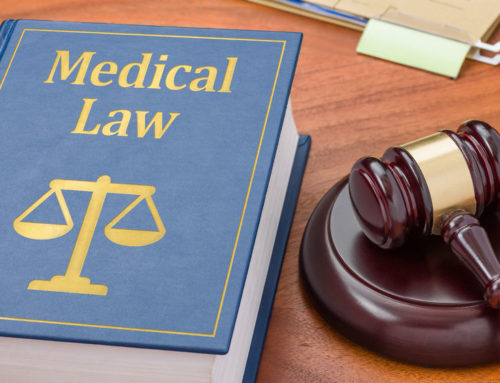Prenuptial Agreements: When it comes to Medicaid, a married couples assets combine to become marital property, regardless of any prenuptial agreement. In order to be eligible for Medicaid, a married couple will have to go through the spend-down process with consideration to their combined assets.
Mandatory Estate Recovery: Based on federal law, recovery of Medicaid expenditures will be sought from the estate of a deceased individual that was 55 or older when they received Medicaid assistance. This means the state will reimburse itself of expenses spent on a person’s care from their remaining estate. A person’s estate consists of all real estate, personal property and any other assets included within an estate under a state’s probate law. If the deceased individual has a spouse still living in the home, the state will wait to seek recovery until the remaining spouse dies. A Medicaid lien will usually be placed on the property in this situation. In order for a claim to be filed for benefits paid, Ohio residents need to notify the Attorney General.
Transferring Assets: Recent transfers of assets and monetary gifts are considered when applying for Medicaid. If assets are transferred for less than fair market value, a Medicaid applicant may become ineligible for a period of time based on a specific calculation. The state will look back 60 months for any transfers and gifts and calculate the period of ineligibility based on the amount transferred. The ineligibility period resulting for such transfers can be much more than 5 years.






